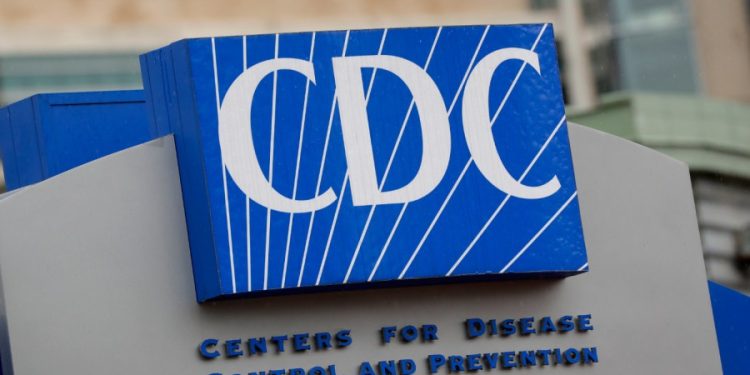A top coronavirus vaccine adviser to the Centers for Disease Control and Prevention (CDC) resigned from the agency, citing concerns that she would no longer be able to help the most vulnerable people following a change in the agency’s recommendations for healthy children and pregnant women.
In an email to colleagues, Lakshmi Panagiotakopoulos said the decision to leave was a “personal” one.
“My career in public health and vaccinology started with a deep-seated desire to help the most vulnerable members of our population, and that is not something I am able to continue doing in this role,” she wrote in an email viewed by The Hill.
She said she made her decision Friday.
Her resignation was first reported by Reuters.
Panagiotakopoulos served as the co-leader of the coronavirus vaccine working group of agency staff and outside experts that aided the agency’s Advisory Committee on Immunization Practices (ACIP), an outside expert panel that makes vaccine policy recommendations.
The working group focuses exclusively on COVID-19 vaccines, reviewing the safety and efficacy data to inform the ACIP recommendations.
The committee is scheduled to meet June 25-27, and it is expected to deliberate and vote on recommendations for use of COVID-19 vaccines.
The email from Panagiotakopoulos did not further detail her reasons for leaving. But it comes a week after Health and Human Services (HHS) Secretary Robert F. Kennedy Jr. announced on social media that the CDC would no longer recommend that “healthy” children and pregnant women get the COVID-19 vaccine.
The CDC had previously recommended annual COVID-19 vaccines for everyone aged 6 months and older.
Kennedy’s announcement upended the traditional process for vaccine policy by bypassing ACIP entirely.
During its previous meeting in April, committee members seemed inclined to switch to a risk-based vaccination strategy targeting only the most vulnerable, but they did not vote.
Last week the CDC seemingly contradicted Kennedy by continuing to recommend children receive the shot after consulting with a doctor. But the agency no longer recommended pregnant women get the shot.















